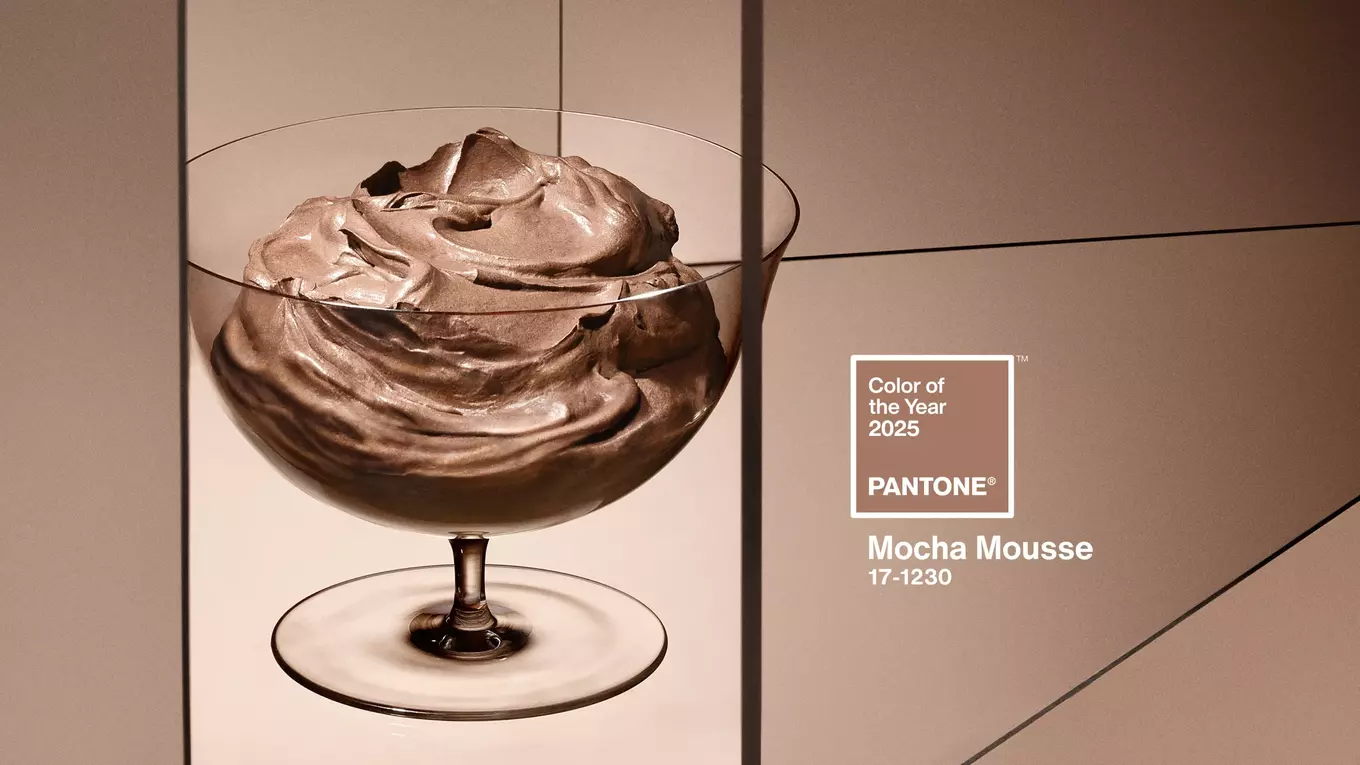It might sound too good to be true, but a new study has linked regular consumption of chocolate with a reduced risk of type 2 diabetes.
According to new research from the Harvard T.H. Chan School of Public Health—which examined data from 192,000 people from the Nurses Health Studies I and II and the Health Professionals Follow-Up Study—the biggest health benefits come from consuming dark chocolate rather than milk chocolate.
Lindt
In fact, researchers suggested that consuming at least five servings of dark chocolate per week (at around one ounce per serving, which is about one small piece or a square) contributed to a 21-percent lower risk of type 2 diabetes. It also noted that consuming five servings a week of any type of chocolate contributed to a 10-percent lower risk of the disease compared with people who didn’t eat chocolate.
However, researchers also found that consuming milk chocolate regularly could increase the risk of type 2 diabetes.
“Our findings suggest that not all chocolate is created equal,” said lead author Binkai Liu, a doctoral student in Harvard’s Department of Nutrition, in a statement.
“For anyone who loves chocolate, this is a reminder that making small choices, like choosing dark chocolate over milk chocolate, can make a positive difference to their health.”
According to the researchers, the health benefits of dark chocolate likely come from its polyphenol content. Polyphenols are potent plant compounds with antioxidant benefits; this means that they help to tackle free radicals in the body and in turn, reduce the oxidative stress that, over time, can contribute to the risk of disease. They also help to reduce levels of inflammation, which is another disease risk factor.
“Even though dark and milk chocolate have similar levels of calories and saturated fat, it appears that the rich polyphenols in dark chocolate might offset the effects of saturated fat and sugar on weight gain and diabetes,” added Qi Sun, PhD, another author on the study and an associate professor in the Department of Nutrition and Epidemiology at Harvard T.H. Chan School of Public Health. “It’s an intriguing difference that’s worth exploring more.”
The many health benefits of dark chocolate
This new study adds to the growing body of research that suggests chocolate is chock-full of plant compounds that can seriously benefit our health. As well as polyphenols, it also contains flavonoids, for example, which are also associated with significant anti-inflammatory and antioxidant benefits.
 Pexels
Pexels
Earlier this year, one study from Queen’s University Belfast noted that eating more foods rich in flavonoids, like dark chocolate, could reduce the risk of dementia by 28 percent. Flavonoid-rich foods have also been linked with a lower risk of heart disease and cancer, too. “In your body, flavonoids help regulate your blood pressure, prevent plaque buildup in your brain, and reduce inflammation in your brain,” Christine Byrne, MPH, RD, and owner of Ruby Oak Nutrition in Raleigh, NC, explained to VegNews.
Alongside dark chocolate, Byrne notes that leafy greens, like cabbage, kale, and herbs, as well as berries, herbal tea, and citrus fruits, are good sources of flavonoids.
 Pexels
Pexels
Another recent study found that drinking flavanol-rich cocoa (flavonols are a type of flavonoid) when eating fatty foods could help to protect the body from cardiovascular stress. Researchers at the University of Birmingham examined a group of healthy participants who ate a fatty breakfast with flavanol-rich cocoa and compared them to another group who enjoyed a fatty breakfast but skipped the cocoa. They ultimately found that those who drank the drink had better blood vessel function.
“This research shows that drinking or eating a food high in flavanols can be used as a strategy to mitigate some of the impacts of poorer food choices on the vascular system,” said Catarina Rendeiro MSc, PhD, per Women’s Health. “This can help us make more informed decisions about what we eat and drink during stressful periods.”
Generally, experts note that chocolate should be 70 percent cocoa or higher to reap the health benefits.
Chocolate is also associated with better mood, and could even benefit the gut, too, research suggests. In fact, Tim Spector, MD, FRCP, OBE, and the founder of Zoe Nutrition, is a keen advocate for dark chocolate consumption because of its fiber content.
Per The Mirror, Spector said: “A normal portion of dark chocolate has over double the equivalent slice of whole grain bread in terms of fiber. So chocolate is a great thing to have as a little treat at the end of the day, knowing that as well as being super tasty, it’s also really good for you, and I certainly enjoy it.”







